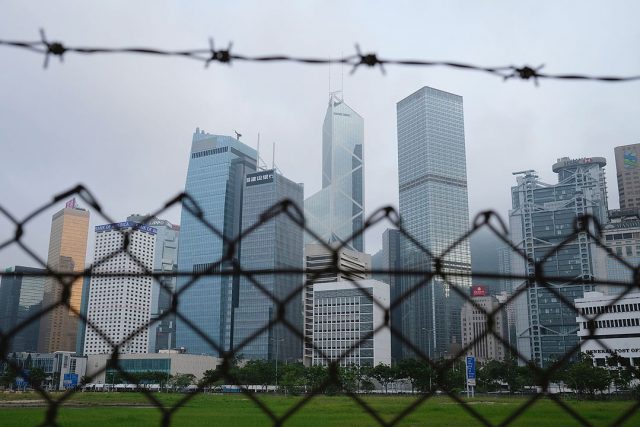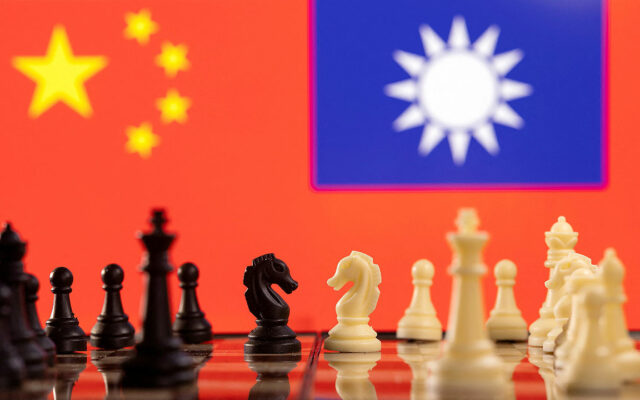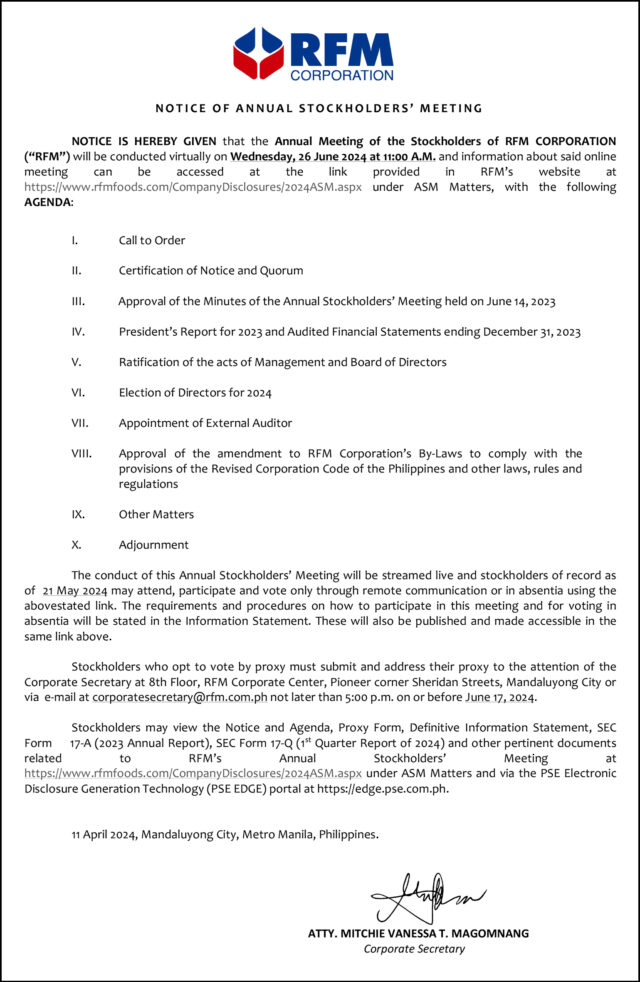14 Hong Kong democrats found guilty in landmark subversion trial
HONG KONG — Fourteen Hong Kong pro-democracy activists were found guilty and two were acquitted on Thursday in a landmark subversion trial that critics say could deal another blow to the city’s rule of law and its reputation as a global financial hub.
The verdicts in Hong Kong’s biggest trial against the democratic opposition come more than three years after police arrested 47 democrats in dawn raids at homes across the city. They were charged with conspiracy to commit subversion under a national security law imposed by China.
Sentencing will come at a later date for those found guilty, with prison terms ranging from three years to life for this offense. Thirty-one defendants pleaded guilty, and four of them have become prosecution witnesses.
The US and some other countries have criticized the trial as politically motivated, calling for the accused to be immediately released. Diplomats from several countries including the U.S. and the European Union attended the hearing.
Security was tight around the High Court, with several foreign diplomats in attendance. Scores of police officers and vehicles patrolled the area. Some supporters queued overnight to secure a spot.
“I came because it’s a critical stage and a historic moment” for Hong Kong, said a man who gave only his surname, Chiu, 35, who began waiting at midnight. The defendants “all stood up for themselves and for Hong Kong people hoping to make a change.”
The defendants are accused of a “vicious plot” to paralyze government in the former British colony and force the city’s leader to resign through a pre-selection ballot in a July 2020 citywide election. The democrats maintain it was an unofficial attempt to select the strongest candidates in a bid to win a historic majority in Hong Kong’s legislature.
Summarizing their verdict, Judges Andrew Chan, Alex Lee and Johnny Chan wrote that if the defendants had succeeded, it would have created “a constitutional crisis for Hong Kong” and led to “serious interfering in, disrupting or undermining the performance of duties and functions in accordance with the law by the (Hong Kong) government.”
Several defendants, including activists Owen Chow and Gwyneth Ho, appeared stony-faced in the dock as the verdicts were delivered to a packed courtroom.
Those convicted also include former democratic lawmakers Leung Kwok-hung, Lam Cheuk-ting and Helena Wong. It was not yet clear whether any would appeal, with court adjourned until an afternoon session.
‘RUTHLESS ILLUSTRATION’
Leung, 68, is the oldest defendant.
“Although he might not be well emotionally and still not yet adapted to prison life… he always told me that he’s innocent,” Mr. Leung’s wife, Chan Po-ying, told Reuters.
Acquitted were barrister Lawrence Lau and social worker Lee Yue-shun.
“There are still other defendants in this case warranting our concern and even love,” Mr. Lau said outside the court. He told reporters he could not say much given the possibility the prosecution might appeal his acquittal.
Mass pro-democracy protests erupted in Hong Kong in 2019 against Beijing’s plans for legislation that democrats argued infringed on freedoms guaranteed when Hong Kong returned to China’s control in 1997.
Beijing in 2020 imposed the sweeping national security law that led to a spate of arrests of democratic campaigners as well as the closures of liberal media outlets and NGOs. Hong Kong’s democratic opposition had sought for decades to pressure Beijing to allow full democracy in the city.
Once-lively street marches, demonstrations and vigils have essentially ceased amid intense policing.
“This unprecedented mass conviction is the most ruthless illustration yet of how Hong Kong’s national security law is weaponized to silence dissent,” Amnesty International’s China director, Sarah Brooks, said in a statement. “It represents a near-total purge of the political opposition.”
Beijing says the national security laws have brought stability to Hong Kong and that human rights are respected.
Most of the accused have been detained since Feb. 28, 2021 and went through marathon bail hearings.
Those who have pleaded guilty include former law scholar Benny Tai, whom the prosecution called a “mastermind” of the “conspiracy,” and activist Joshua Wong. — Reuters













